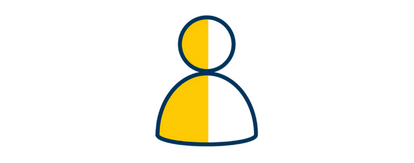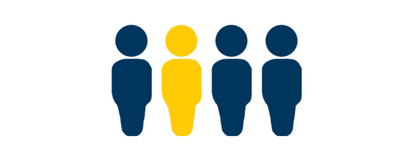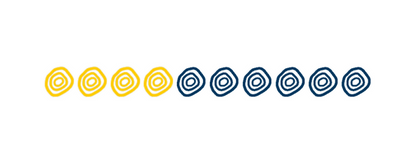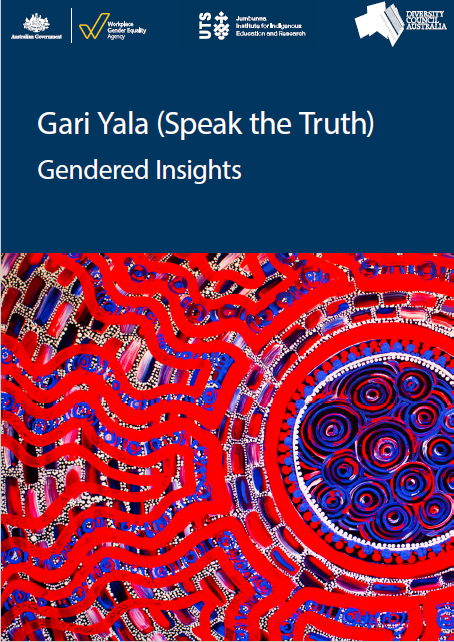Summary
Aboriginal and Torres Strait Islander women are underrepresented in the Australian workforce. In contrast to the research about Aboriginal and Torres-Strait Islander women leaving or entering the workforce, not much is known about the experiences these women have inside the workplace that may be driving gender differences in Indigenous employment.
Key insights
This report provides a deeper understanding of the intersection of gender and Aboriginal and Torres Strait Islander identity in the Australian workplace. The results demonstrate the shared experiences of Aboriginal and Torres Strait Islander men and women in the workplace, but also highlight how these experiences diverge.
In particular:
- Aboriginal and Torres Strait Islander women had significantly less support in culturally unsafe situations and had the highest cultural load. These results suggest that trends of women’s disadvantage and marginalisation in the workplace are also present in the workplace experiences related to culture and identity.
- Aboriginal and Torres Strait Islander women with caring responsibilities are a particularly vulnerable group in the workplace, being more likely to be in culturally unsafe and unsupported employment and have higher cultural loads. Thus caring responsibilities are an important additional dimension to consider when addressing issues of gender and Aboriginal and Torres Strait Islander identity in the workplace.
- Cultural safety is particularly protective for women and thus cultural safety efforts are likely to particularly benefit women and reduce some of the disparities highlighted in this report.
- Hierarchical position in the workplace also plays a role in experiences, with women in management having the highest cultural load, and women in lower levels having the lowest levels of support.
- In contrast, men in management positions are most likely to work in organisations with high levels of support, where they may be effective agents of change.
Quick stats

Currently, just over half (51.5%) of all Aboriginal and Torres Strait Islander women are in the workforce compared with 65% of Aboriginal and Torres Strait Islander men.

Only one in four Indigenous women said they feel supported when they experienced racism at work.

Compared with all other Indigenous workers, Indigenous women carers, they are the least likely to be supported - about four in ten disagreed or strongly disagreed they had the support needed when they experienced racism or harassment.

Download the Gari Yala: Gendered Insights report
Gari Yala: Gendered Insights (PDF, 15.53 MB)
The Gari Yala: Gendered Insights Report is a collaboration between the UTS Jumbunna Institute for Indigenous Education and Research, the Diversity Council of Australia and the Workplace Gender Equality Agency (WGEA). It examines the experiences of Aboriginal and Torres Strait Islander women inside Australian workplaces, revealing that Indigenous mums and carers are the most likely group to experience discrimination. It’s a follow-up to the ground-breaking Gari Yala (Speak the Truth) report released last year.
Download the Gari Yala: Gendered Insights factsheet
Gari Yala: Gendered Insights factsheet (PDF, 1.69 MB)
Key insights from the Gari Yala: Gendered Insights report